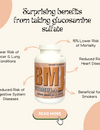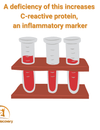No products in the cart.
Higher intake of this important mineral shows reduced risk for metabolic syndrome.
Posted by: tissuerecovery Admin
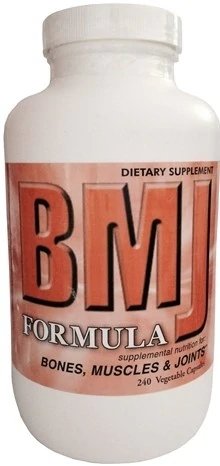
Reduce joint degeneration
Posted by: Didrik Sopler
I mentioned last week that patients with osteoarthritis had approximately a 4 fold lower level of extracellular SOD, the body’s own antioxidant enzymes. This indicates that SOD production should be supported since an excess of free radicals causes tissue damage. Zinc, copper and manganese are necessary for SOD production (Harris...
Read more
Arthritis: What else can you do.
Posted by: Didrik Sopler
As you have seen, even osteoarthritis involves inflammation; and also free radical damage to cartilage. Glucosamine sulfate can reduce inflammation a little bit (Largo R, et al. 2003). To further reduce inflammation you can use curcumin (Ren J, Sowers JR, 2014, Gupta SC, et al. 2013). Regular curcumin is not well...
Read more
Degenerative joint disease Osteoarthritis
Posted by: Didrik Sopler
Another inflammatory driven condition Osteoarthritis is the most common type of arthritis. 80% of people over the age of 55 has been documented to have radiological evidence of joint degeneration (Stross JK, Bole GG, 1985). Years ago the belief was that osteoarthritis was not an inflammatory disease, but only caused...
Read more
Summary: Reasons for chronic conditions
Posted by: Didrik Sopler
When you know the reasons for chronic conditions, you know what to focus on to prevent them or to get better. I decided to make a summary of what I have covered so far when it comes to chronic disease. First I mentioned that it may be a connection between...
Read more
Reasons for type 2 diabetes
Posted by: Didrik Sopler
Insulin resistance is the reason for type 2 diabetes. Insulin resistance will also increase low grade inflammation and free radical damage to tissue. Several factors can contribute to insulin resistance, but first, what is insulin resistance? We call it insulin resistance when the insulin are not able to transfer the...
Read more
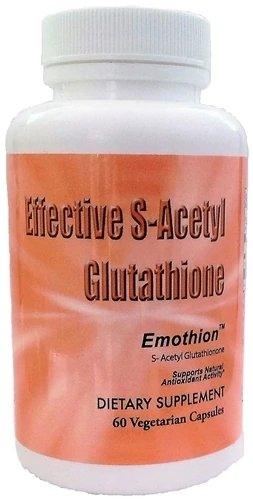
How to reduce damage to your vascular tissue.
Posted by: Didrik Sopler
The body is constantly exposed to free radicals from exposure to the environment, and free radicals created by normal metabolism. For that reason, the body makes it’s own antioxidants to defend itself. One of the most powerful defenses it has is glutathione .Glutathione is made in the liver. It...
Read more
Your gastrointestinal bacterias may influence your blood sugar.
Posted by: tissuerecovery Admin
You can easily reduce your risk for stroke.
Posted by: Didrik Sopler
A fresh avocado cut in halfA stroke is not something you want to have, everybody can agree on that. That’s why this research, including 90,137 women between the ages of 50 and 75 years, is so interesting(Seth A, et al. 2014).The participants were followed for an average of 11 years...
Read more
How healthy is green tea?
Posted by: Didrik Sopler
Green tea seems to be one of the best things you can drink for your health. One of the reasons is that it contains a lot of antioxidants. One of the most important things we can do to stay healthy is to be sure we stay insulin sensitive. When we...
Read more
Tomatoes Influence Breast Cancer Risk
Posted by: Didrik Sopler
You have probably heard that tomatoes are good for your eyes because of an antioxidant called lycopene. Did you know that tomatoes can make a difference with breast cancer risk? The reviewed research investigated just that (Llanos AA, et al. 2014). 70 postmenopausal women at increased risk for breast cancer...
Read more
Your risk for dementia is related to the glucose level in your blood.
Posted by: Didrik Sopler
More and more research is documenting how the risk for dementia is affected by the level of glucose in the blood. The reviewed study used 35,264 measurements of glucose levels and also 10,208 measurements of glycated hemoglobin from 2067 participants(Crane PK, et al. 2013). Glycated hemoglobin is a measurement of...
Read more
Exercise: starting later in life still improves your chances of healthy aging
Posted by: Didrik Sopler
The reviewed research investigated the odds of healthy aging. During the 8 year study, participants were defined as healthy if they did not develop major chronic disease, depressive symptoms, physical or cognitive impairment (Hamer M, et al. 2014). The conclusion is that significant health benefits were seen even among participants who became physically active...
Read more

Speed up - and reduce your risk for weight gain!
Posted by: Didrik Sopler
not necessary to spend a lot of time exercising to get benefits, as long as it is done a certain way (Fan JX,et al. 2013). The participants were 4511 adults aged 18-64 years. Body mass index was measured and accelerometers were used for measurements. The participants were divided into groups....
Read more
What common mineral is important for your eye health?
Posted by: Didrik Sopler
Cataract is the most common cause of blindness as we get older. It leads to loss of transparency in the lens of the eye. Several of the enzymes, the so called ATPases, that are involved in releasing the energy from ATP plays an important role in maintaining lens homeostasis of...
Read more
Best fruits for lowering the risk of Type 2 Diabetes.
Posted by: Didrik Sopler
We all know that fruit is healthy, but there is evidence that not all fruit will provide the same benefits. The reviewed research compared how different fruits may reduce the risk for Type 2 Diabetes (Muraki I, et al. 2013). This was a large study that included a total of...
Read more
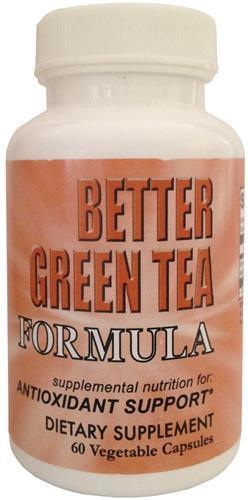
Casual Soda Drinker? Don't go there!
Posted by: Didrik Sopler
Sugar sweetened beverages have been associated with type 2 diabetes, obesity and other health problems. The reviewed research specifically investigated the relationship with sugar intake, sugar sweetened beverages and endometrial cancer(Inoue-Choi M, et al. 2013). The participants were 23,039 postmenopausal women. From 1986 to 2010, 506 cases of estrogen dependent...
Read more




